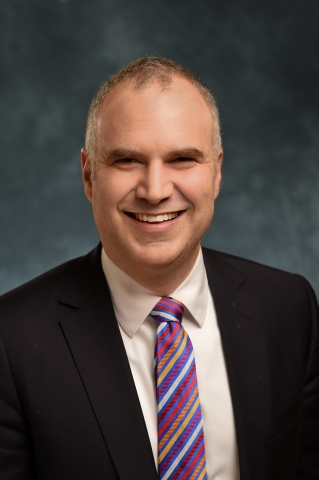Warning message
- Last import of users from Drupal Production environment ran more than 7 days ago. Import users by accessing /admin/config/live-importer/drupal-run
- Last import of nodes from Drupal Production environment ran more than 7 days ago. Import nodes by accessing /admin/config/live-importer/drupal-run
Unpublished Opinions
Ottawa City Councillor, Ward 13 Rideau-Rockcliffe First elected as City Councillor in 2014, Tobi Nussbaum has dedicated his career to public service. He moved to Ottawa to join the Canadian Foreign Service in 1996, starting in the legal bureau and then taking on different responsibilities including postings to the United Nations in New York and the World Trade Organization in Geneva. In Ottawa, he has served in various senior positions within the Department of Foreign Affairs and International Trade, the Privy Council Office and, most recently, the Canadian International Development Agency, where he was the Director-General of Development Policy. In his volunteer time, Tobi has been an active community leader and volunteer. He served as President and Board Member of the Lindenlea Community Association and later co-founded and chaired the Beechwood Village Alliance. As a soccer coach for his daughters’ soccer teams, school volunteer and local rink “hoser”, Tobi has long been an energetic and visible presence in Rideau-Rockcliffe. Tobi holds a Master of Public Administration from Harvard University, a law degree from the University of Victoria and a Bachelor of Arts from Queen’s University. He is married with two school-aged daughters.
Nussbaum: Let's dispel two policy myths that hinder the public's safety
Along with legends, fairy tales and fables, myths are a great way to teach and learn values. But the other kind of myths – beliefs not grounded in fact – can be politically treacherous, especially when widely held by many or deeply felt by a vocal few. Yet dispelling myths that frustrate the public interest is a necessary aspect of political leadership, which is about to be tested by two proposals coming soon to City Hall.
The first proposal is a motion requesting the province permit the use of traffic speed cameras, put forward by my colleague Riley Brockington. The negative reaction to this motion has largely echoed the battle over the use of these cameras (known as photo radar) on Ontario highways 25 years ago.
The important difference is that in the intervening years, dozens of studies worldwide have unequivocally demonstrated the effectiveness of speed cameras in both reducing collisions and, more importantly, in reducing fatalities on our roads. Systematic reviews – a rigorous method of critically analysing multiple studies – have confirmed the conclusions that speed cameras save lives.
In light of both the positive impact and the cost-benefit of speed cameras (utilizing police resources would be astronomically more expensive), different arguments are deployed by detractors. One such argument defends the right of those who break the law by speeding to not have a picture taken of the vehicle’s licence plate, suggesting a privacy breach, as if a police officer would not compile the same personal information.
The second proposal coming to City Hall is an application from the Sandy Hill Community Health Centre to add a supervised injection site to the broad services it currently provides to intravenous drug users, which currently range from provision of clean needles to addiction treatment to access to social services.
A successful application would mean a patient coming to the centre for clean needles needn’t use the nearby parking lot or the neighbourhood park. Instead, she could inject in a room supervised by staff, increasing her exposure to people able to refer and encourage treatment or explain affordable housing options.
The efficacy of supervised injection sites in reducing public costs by mitigating the spread of communicable diseases, increasing addiction treatment take-up and lowering criminal activity in the area surrounding the physical site would be reason enough to support this application. The fact that the evidence shows that lives could be saved makes it imperative.
Supervising injection would not take money away from addiction treatment as has been argued; it would save scarce health dollars. Nor is there any evidence that the surrounding neighbours would be at increased risk of crime; the opposite has in fact been demonstrated. However, the myths of false choices and character stereotypes are simpler than the complexity of addressing the mental and physical illness of addiction.
One of Aesop’s fables involves a hunter, who, searching for the tracks of an animal, asks a passing woodsman if he knows where the animal is prone to nest. The woodsman replies that he could in fact do much more and show the hunter the animal’s exact location. “Oh no,” replies the hunter, “it is the tracks of the beast I search, not the beast itself.”
Aesop’s lesson on cowardice has relevance for modern times. Avoiding evidence-based solutions to tricky issues can minimize political risk. But true political leadership surely includes the courage to slay the mythological beast that stands between the status quo and safer, healthier lives for all citizens.
Tobi Nussbaum is city councillor for Rideau-Rockcliffe.



Comments
Be the first to comment